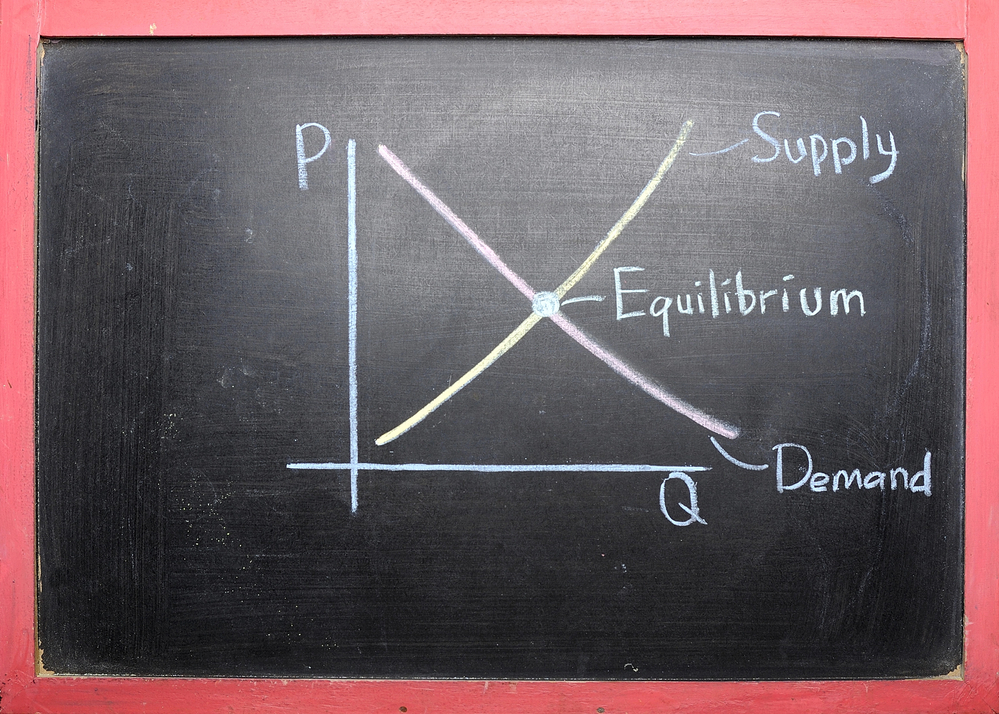
Who’d have thunk it? Physicians have actually transferred a kidney from a pig to a human being, and the operation appears to have been a success (not for the pig; for the person!). The patient was helped by this transplant and her body did not reject the kidney she received as was initially feared.
One would have thought that the first choice for this sort of thing from the animal kingdom would have been a gorilla, or a chimpanzee, since they are genetically closer to us than our porcine cousins, but the doctors indubitably knew better than that.
This brings up the obvious question: Why do we need to resort to pigs, of all animals, when we fellow homo sapiens all have two of these organs and need only one of them for satisfactory performance. After all, we fellow members of our own species are far more closely related to each other, biologically speaking, than we are to any other animal, such as Porky Pig and his confreres.
Why do we have to resort to pigs? This is because there are not enough human organ donors, given the far larger number of people in need of such transplants. Almost 90,000 patients are on a waiting list for a kidney transplant in the US alone. They must suffer, while in the queue, on kidney dialysis machines, a vastly inferior substitute. And, in turn, why is this? This is due to the fact that the law prevents any but token payments to donors. Young people on donor-mobiles (motorcycles) go into the grave with perfectly intact kidneys while others enter these domains way before their time for lack of same; thanks to this vicious, evil, monstrous zero price control law, never the twain are allowed to meet.
One reason for this sad state of affairs is that left wing ethicists have successfully prevailed with their view that human organs are simply not “commodifiable.” Why not? Who knows? Pretty everything else under the sun may be bought and sold but transferring an organ for a profit is simply beyond the pale.
Another justification for the present deadly situation is that if a market for this economic good is allowed, there will arise kidney pirates, who will steal these organs from innocent people and sell them to others. But the present black market price is higher than what would prevail under economic freedom. How do we know this? Logic and an Economics 101 level of knowledge of supply and demand will demonstrate this conclusion: at present, the supply is far less than would be the case if sales were allowed, and the less quantity there is, the higher the price will be.

A third explanation for the status quo in this regard is the fear that the poor, particularly in third world countries, will become donors, for pay. But this is paternalism, pure and simple. It is plain unwarranted condescension on the part of imperialist colonialists in the first world. If these people in the less developed world engage in a voluntary exchange, it is because they value the money they receive more highly than the body part they must give up. Who are the socialists and regulatory interventionists to say them nay?
No, the cause of justice requires that people be allowed to buy and sell whatever it is that they wish to buy and sell.
Let us leave the pigs for bacon and allow free enterprise to reign supreme in this small but all-important for some people sector of the economy. As it should be all throughout our system of commerce.
Walter E. Block is Harold E. Wirth Eminent Scholar Endowed Chair and Professor of Economics at Loyola University New Orleans.

READER COMMENTS
Mactoul
May 24 2024 at 8:42pm
Great apes are scarce and quite valuable– perhaps not available for medical research at all.
While pigs are quite cheap and do almost as well.
steve
May 24 2024 at 9:52pm
Long term, xenotransplantation is the way to go. Unless you have an identical twin you will need to be on some immunosuppressive drugs if you have a transplant. The advantage of a pig organ is that you can breed and gene edit them so that rejection is less of a risk, maybe even avoid some immunosuppressives. The reason why you use pigs instead of apes is that a lot fo apes are endangered, viruses are a risk and pigs have lots of advantage. Sizewise and anatomically they match up well. They are easy to breed and have large litters. So in the intermediate stage we hope to gene edit so that they match well with humans in general but in the longer term we hope to tailor them to specific individuals.
https://www.cbc.ca/news/health/pig-organs-1.6993364
Steve
Comments are closed.